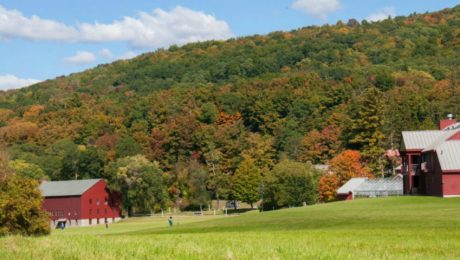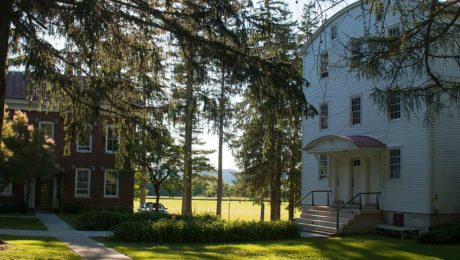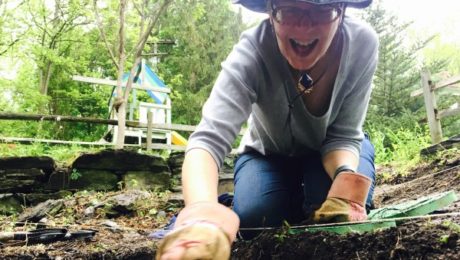Though all but one of the Shaker communities have long since disappeared, the lasting legacy of the movement still leaves its impression on modern culture…
Today, Shaker is most commonly used to describe a simple, ‘hand-crafted’ style of design in clothing, furniture, or architecture. The Shaker’s believed that every object should have a function, and that decoration was unnecessary. ‘Beauty rests on utility’ was the key principle that governed their design and craftwork, and each item created was painstakingly refined to perfection as a testament of their work to God. Much of the modern minimalistic Scandinavian style furniture we see in our shops today has been influenced by these principles, the beauty of their simple design ensuring that each item looks as contemporary today as they would have done 200 years ago.
But it’s not just the tangible aspects of Shaker life that form their legacy, many believe that their influence has shaped modern thought and culture in more than one way. Shakers were early proponents of both racial and gender equality, based on the community’s female leader and fundamental teaching that Christ was equally present within all members of the community. Teams of both men and women also served in leadership roles as Elders and Eldresses.
Their interdependency on the environment also forms a basis for modern sustainable living, with their simplicity of lifestyle expressing a strong sense of responsibility and adaptability toward their local environment. Shakers were both efficient and scientific in their farming methods, happy to adapt their approaches to differences in agriculture, geography, and environment. Perhaps most radically, they accepted both science and religion as part of ‘God’s truth’, and so were keen to embrace technological advances, helping to shape the theory and practices that are present in farming today.
At a more local level, each Shaker community left its mark in the landscape, the structures and material evidence from some have even been preserved through the National Parks Service. The spiritual capital of the Shakers on Mount Lebanon, was bought by private owners in 1932, and today is the home of Darrow School, an educational facility that shares much of the values and ethos of the Shaker community it’s founded on.





